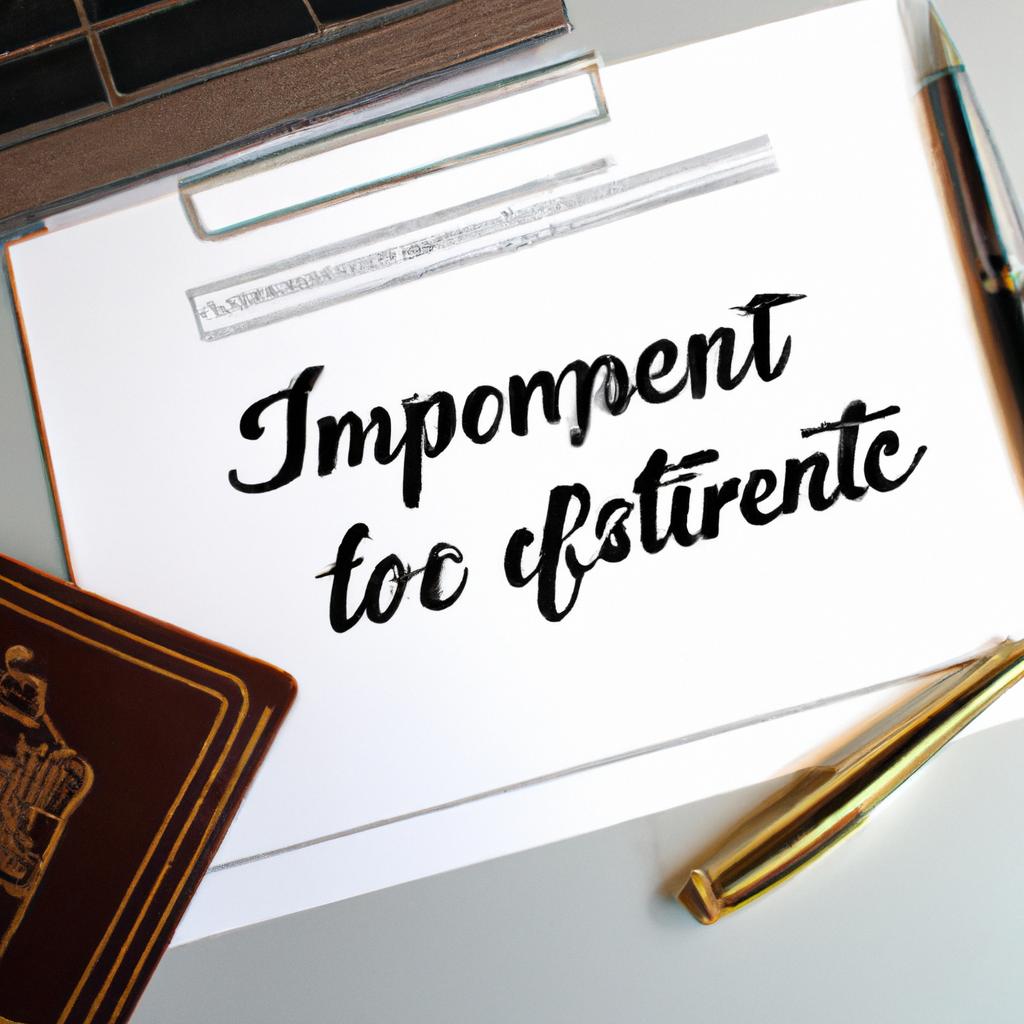When the inevitable occurs and a spouse passes away, navigating the legal process to transfer ownership of property can be a daunting task. In the state of New York, understanding the intricacies of changing the deed on a house after the death of a spouse is crucial to ensure a smooth transition of ownership. At Morgan Legal Group, we specialize in estate planning and probate law, offering expert guidance through the process of transferring property rights. In this article, we will delve into the steps and considerations involved in changing the deed on a house after the death of a spouse in New York.
Overview of Changing Deed on House After Death of Spouse in New York
Changing the deed on a house after the death of a spouse in New York is a crucial legal process that requires careful attention to detail. To begin the process, it is essential to gather all necessary documentation, including the original deed, the death certificate of the deceased spouse, and any relevant legal documents such as a will or trust.
In New York, the process of changing the deed on a house after the death of a spouse typically involves transferring ownership from the deceased spouse to the surviving spouse or other beneficiaries. This can be done through various legal mechanisms, including probate court proceedings, joint tenancy agreements, or trust administration. It is important to consult with an experienced estate planning attorney to ensure that the transfer of ownership is done correctly and in accordance with New York state law. Additionally, seeking legal counsel can help you navigate any potential tax implications or other complications that may arise during the process.
Importance of Proper Documentation and Legal Procedures in Deed Transfer Process
In the state of New York, proper documentation and legal procedures are crucial when transferring the deed of a property after the death of a spouse. It is important to follow the necessary steps to ensure a smooth and legally binding transfer of ownership. This process can be complex and overwhelming, but with the guidance of experienced professionals, such as the team at Morgan Legal Group, it can be done efficiently and effectively.
One key step in changing the deed on a house after the death of a spouse in New York is determining the ownership rights of the property. This involves reviewing the current deed and any relevant legal documents to establish the rightful heirs and beneficiaries. It is also important to file the necessary paperwork with the appropriate authorities, such as the county clerk’s office, to ensure that the transfer of ownership is legally recognized. Our team at Morgan Legal Group can provide expert guidance and assistance throughout this process to help you navigate the legal complexities of deed transfer after the death of a spouse.

Consulting with Experienced Estate Planning Attorneys for Seamless Deed Transfer
When a spouse passes away in New York, it is essential to understand the proper steps to change the deed on a house. Consulting with experienced estate planning attorneys is crucial to ensure a seamless deed transfer process. Our team at Morgan Legal Group can provide the guidance and expertise needed to navigate the complex legal requirements involved in transferring property ownership after the death of a spouse.
By working with our knowledgeable attorneys, you can rest assured that your deed transfer will be handled efficiently and effectively. We will carefully review your specific circumstances, create a tailored plan, and assist you every step of the way. Whether you need assistance with probate proceedings, establishing a trust, or updating your Will, our team is here to help you achieve a successful deed transfer in New York.

Navigating Potential Tax Implications and Considerations in Deed Transfer Process
The process of changing the deed on a house after the death of a spouse in New York can be complex and may have potential tax implications. It is important to carefully navigate this process to ensure that the transfer is done correctly and efficiently. There are several considerations to keep in mind when going through this process:
**1. Determine ownership:** Before proceeding with the deed transfer, it is crucial to determine how the property was owned with your deceased spouse. Whether it was owned jointly, as tenants in common, or through a trust will impact how the property can be transferred.
- **2. Consult legal counsel:** Seek the advice of a knowledgeable estate planning attorney to assist you with the deed transfer process. An experienced lawyer can help you understand the tax implications, navigate any legal complexities, and ensure that the transfer is done in compliance with New York state laws.
- **3. Consider estate taxes:** In New York, there may be estate taxes due upon the transfer of property after the death of a spouse. It is important to consider these potential tax implications and explore strategies to minimize tax liability.
- **4. Update beneficiaries:** If the property was held in a trust or had designated beneficiaries, ensure that these are updated after the death of your spouse to reflect the new ownership arrangements.
Q&A
Q: I recently lost my spouse and want to transfer the deed of our house into my name. How can I do this in New York?
A: Changing the deed of a house after the death of a spouse in New York involves a legal process known as probate. It is recommended to consult with a lawyer who specializes in real estate and estate planning to ensure all necessary steps are carried out correctly.
Q: What is probate and why is it necessary for changing the deed of a house in New York?
A: Probate is the legal process of validating a deceased person’s will and distributing their assets according to their wishes. It is necessary for changing the deed of a house in New York because it establishes the legal transfer of ownership from the deceased spouse to the surviving spouse.
Q: Are there any tax implications to consider when changing the deed of a house after the death of a spouse in New York?
A: Yes, there may be tax implications when changing the deed of a house after the death of a spouse in New York. It is advisable to consult with a tax professional to understand any potential tax consequences and how to minimize them.
Q: Can I change the deed of my house without going through probate in New York?
A: In New York, changing the deed of a house after the death of a spouse generally requires going through the probate process. However, there may be alternative options available depending on the specific circumstances, so it is best to seek guidance from a legal expert.
Q: How long does it take to change the deed of a house after the death of a spouse in New York?
A: The time it takes to change the deed of a house after the death of a spouse in New York can vary depending on the complexity of the estate and any legal disputes that may arise. It is advisable to be patient and work closely with legal professionals to complete the process efficiently.
In Conclusion
In conclusion, navigating the process of changing the deed on a house after the death of a spouse in New York can be a complex and emotional journey. By following the necessary steps outlined in this article and seeking guidance from legal professionals, you can ensure a smooth transition of ownership and uphold your loved one’s legacy. Remember, every situation is unique, so it’s important to approach this process with patience and understanding. Good luck on your journey towards securing the future of your home.





